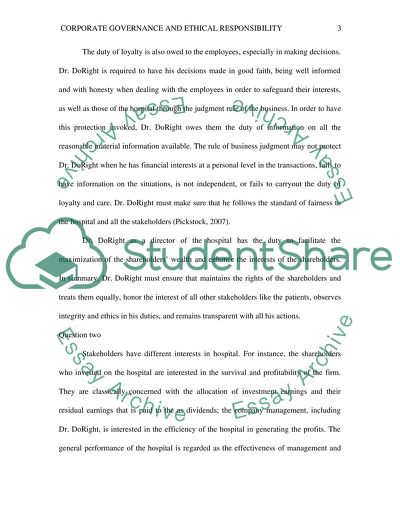Cite this document
(“Corporate Governance and Ethical Responsibility Term Paper”, n.d.)
Corporate Governance and Ethical Responsibility Term Paper. Retrieved from https://studentshare.org/law/1451486-assignment
Corporate Governance and Ethical Responsibility Term Paper. Retrieved from https://studentshare.org/law/1451486-assignment
(Corporate Governance and Ethical Responsibility Term Paper)
Corporate Governance and Ethical Responsibility Term Paper. https://studentshare.org/law/1451486-assignment.
Corporate Governance and Ethical Responsibility Term Paper. https://studentshare.org/law/1451486-assignment.
“Corporate Governance and Ethical Responsibility Term Paper”, n.d. https://studentshare.org/law/1451486-assignment.


